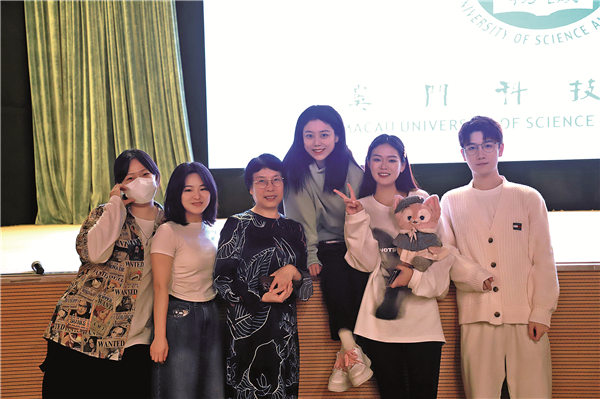Toying with an idea of companionship


According to a report by the China Toy and Juvenile Products Association, a nationwide nonprofit trade association in the related industry, sales of plush toys on Alibaba's e-commerce platform Tmall during the June 18 shopping festival increased by 37.3 percent year-on-year, ranking first among toy categories.
Consumers of the post-2000 generation account for 43 percent of the market, followed by 36 percent by those of the post-1990 generation.
This trend is attracting attention and some experts, such as psychologists or psychotherapists like Zhang Chun, who works for Pencil Psychology, a company based in Xiamen, Fujian province, have begun to use such toys for the comfort of clients who come to their offices for counseling.
Zhang, 42, has stationed some of these toys in her counseling room in case clients, who come for psychotherapy, or talk therapy, may relax more. She says she hopes that these toys could help her clients merely by their presence, although she found few clients touched them.
Zhang describes them as "hyperlinks" to evoke imagination. Touching these toys, according to psychological hypothesis based on studies, such as the US psychologist Harry Harlow's monkey experiment during the 1930s, is "like clicking a hyperlink". "Generally, they can connect people instantly to their favorite works or characters," says the psychotherapist.
The experiment sought to uncover preferences for "bare-wire mothers" or "cloth-covered mothers" in different situations. The "mothers "had different changeable attractions; the wire mother holding a bottle with food, and the cloth mother holding nothing, or with the wire mother holding nothing, while the cloth mother held a bottle with food. The monkeys overwhelmingly chose the cloth mother, with or without food, only visiting the wire mother that had food when needing sustenance.




































